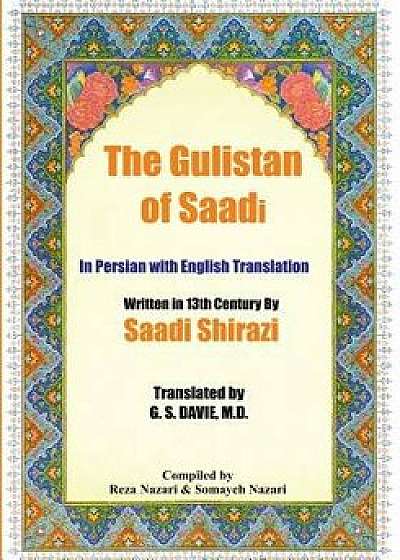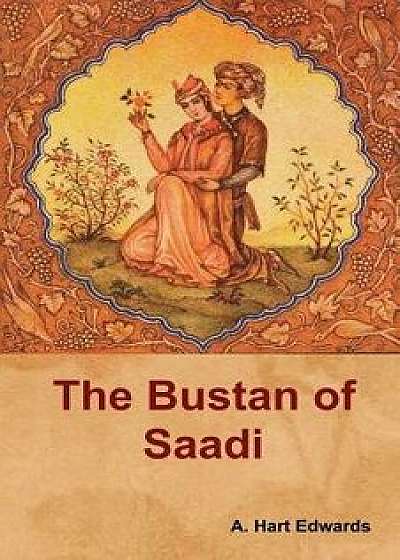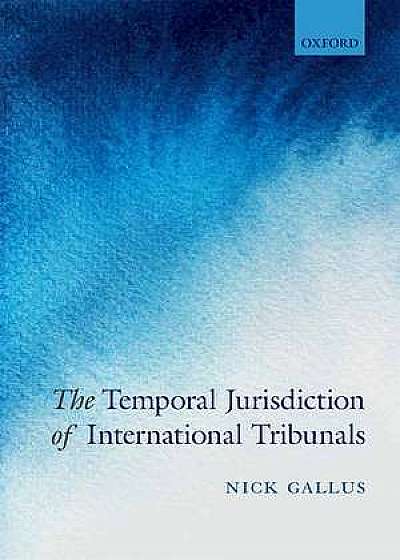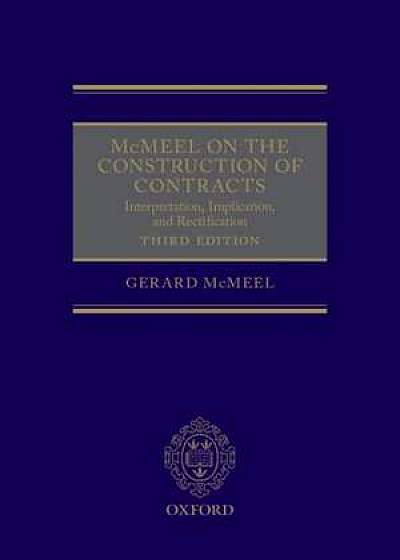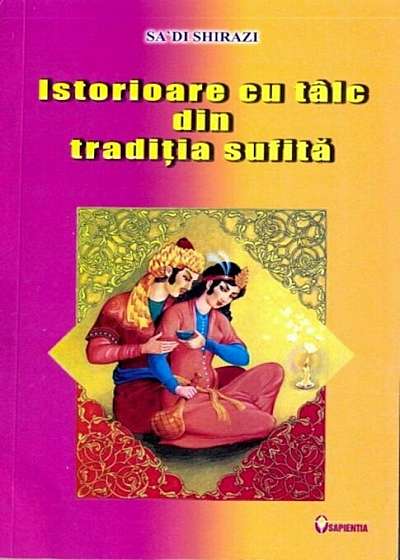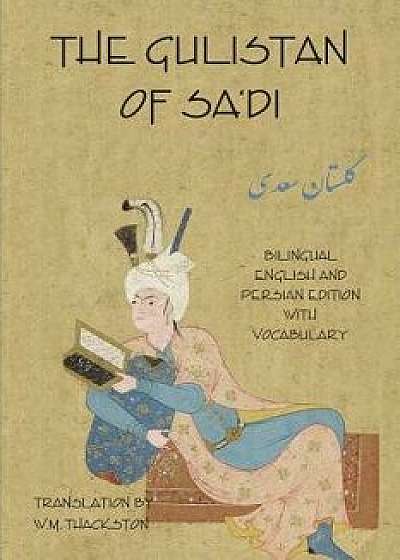
The Gulistan (Rose Garden) of Sa'di: Bilingual English and Persian Edition with Vocabulary/Sa'di Shirazi
Descriere
Is the Gulistan the most influential book in the Iranian world? In terms of prose, it is the model, which all writers of Persian seek to emulate. In terms of moral, philosophical or practical wisdom, it is endlessly quoted to either illustrate or prove a point. Sir John Malcolm even relates being told that it is the basis of the law of the Persians. It also traveled abroad. Voltaire, Goethe, Arnold, Longfellow, Emerson, Thoreau, Melville, and Franklin discovered, read, and took inspiration from the work. Moreover, travelers to Iran have often point out that to understand the mind of the inhabitants, one should read the Gulistan. Written some seven and a half centuries ago by Sa di of Shiraz the Gulistan or Rose Garden is a collection of moral stories divided into eight themes: The Conduct of Kings, The Character of Dervishes, The Superiority of Contentment, The Benefits of Silence, Love and Youth, Feebleness and Old Age, The Effects of Education, and The Art of Conversation. In each section stories are told from which the reader learns how to behave in a given situation. Sa di can be moral. Honesty gives God pleasure. I haven t seen anyone get lost on the right road. He may be practical. If you can t stand the sting, don t put your finger into a scorpion s hole. He is philosophical in these lines which are engraved at the entrance of the United Nations: The members of the human race are limbs one to another, for at creation they were of one essence. When one limb is pained by fate, the others cannot rest. The Gulistan is considered the essence of elegant but simple Persian prose. For 600 years, it was the first book placed in the learner s hand. In Persian-speaking countries today, quotations from the Gulistan appear in every conceivable type of literature and is the source of numerous everyday proverbial statements, much as Shakespeare is in English. This is the first complete English translation of the Gulistan in more than a century. Wheeler M. Thackston, Profess
